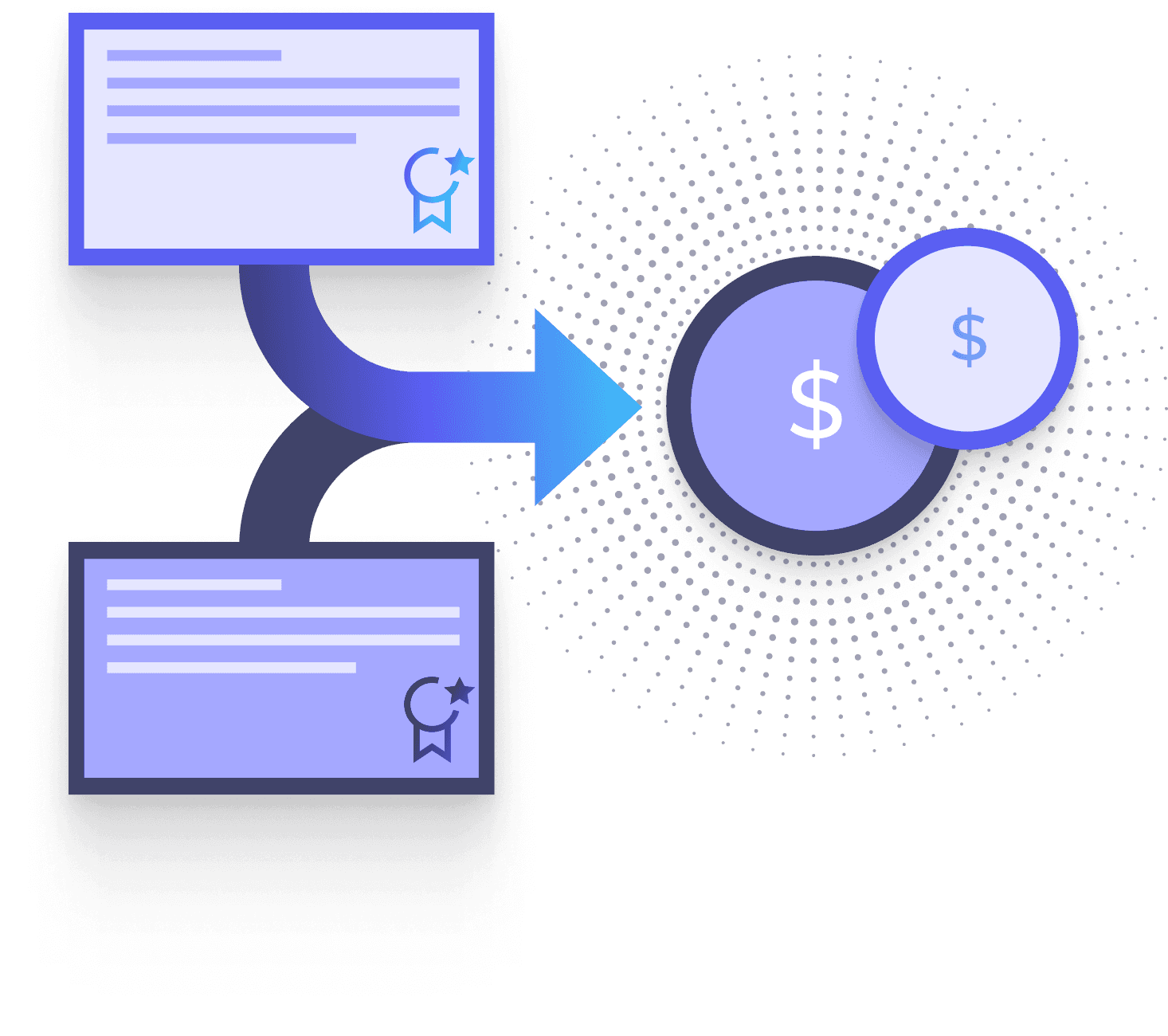Jul 30, 2024
Homeownership comes with numerous benefits, one of which is the ability to leverage the equity built up in your home to access funds for various financial needs. Home equity loans are a popular option for homeowners looking to tap into their home’s value. Before diving into a home equity loan, it's essential to understand how they work, their benefits, potential risks, and other key considerations. Here’s a comprehensive guide to what every borrower should know about home equity loans.
What is a Home Equity Loan?
A home equity loan, also known as a second mortgage, allows homeowners to borrow against the equity they have built up in their home. Equity is the difference between the current market value of your home and the amount you still owe on your mortgage. With a home equity loan, you receive a lump sum of money upfront, which you repay over time with fixed monthly payments and a fixed interest rate.
Key Features of Home Equity Loans:
1. Fixed Interest Rates
Home equity loans typically come with fixed interest rates, meaning the rate stays the same throughout the life of the loan. This predictability can help with budgeting and financial planning.
2. Lump Sum Payout
Borrowers receive the loan amount in one lump sum, which can be beneficial for major expenses like home renovations, debt consolidation, or significant medical bills.
3. Repayment Terms
Repayment terms for home equity loans can vary, typically ranging from 5 to 30 years. Longer terms may result in lower monthly payments but higher overall interest costs.
4. Loan Amounts
The amount you can borrow is usually determined by the lender and depends on factors like your home's value, the amount of equity you have, and your creditworthiness. Lenders often allow borrowing up to 80-85% of your home's appraised value minus what you owe on the mortgage.
Benefits of Home Equity Loans:
1. Lower Interest Rates
Compared to credit cards and unsecured personal loans, home equity loans generally offer lower interest rates, making them a cost-effective way to borrow.
2. Tax Deductibility
In some cases, the interest paid on a home equity loan may be tax-deductible, especially if the loan is used for home improvements. Consult a tax advisor to understand your specific situation.
3. Large Loan Amounts
Home equity loans can provide access to substantial funds, which can be useful for significant expenses or investments.
4. Fixed Payments
The fixed monthly payments and interest rate provide stability and predictability, helping you manage your budget more effectively.
Potential Risks and Considerations
1. Secured Debt
Home equity loans are secured by your home, meaning failure to repay the loan could result in foreclosure. It's crucial to ensure you can comfortably afford the monthly payments.
2. Closing Costs and Fees
Similar to primary mortgages, home equity loans often come with closing costs and fees, which can add up. Be sure to factor these into your decision.
3. Impact on Home Equity
Borrowing against your home reduces the equity you’ve built up, which could affect your financial flexibility in the future, especially if home values decrease.
4. Credit Requirements
Lenders typically require good to excellent credit scores to qualify for home equity loans. If your credit is less than stellar, you may face higher interest rates or difficulty securing a loan.
How to Apply for a Home Equity Loan
1. Evaluate Your Financial Situation
Assess your financial needs and ensure that a home equity loan is the right option for you. Consider alternative financing options and compare their costs and benefits.
2. Check Your Home’s Value
Obtain a current appraisal or use online tools to estimate your home's market value. This will help you understand how much equity you have available.
3. Shop Around
Different lenders offer varying terms and interest rates. Shop around and compare offers from multiple lenders to find the best deal.
4. Prepare Documentation
Gather necessary documents such as proof of income, tax returns, and information about your current mortgage. Lenders will require these to evaluate your application.
5. Submit Your Application
Complete the application process with LoanDesk. Be prepared for a credit check and appraisal as part of the approval process.
Conclusion
Home equity loans can be a valuable financial tool for homeowners looking to access funds for various needs. By understanding how they work, the benefits they offer, and the potential risks involved, you can make an informed decision that aligns with your financial goals. Remember to carefully evaluate your financial situation, explore different options, and choose a loan that fits your needs and budget. With careful planning and responsible borrowing, a home equity loan can help you achieve your financial objectives while leveraging the value of your home.



